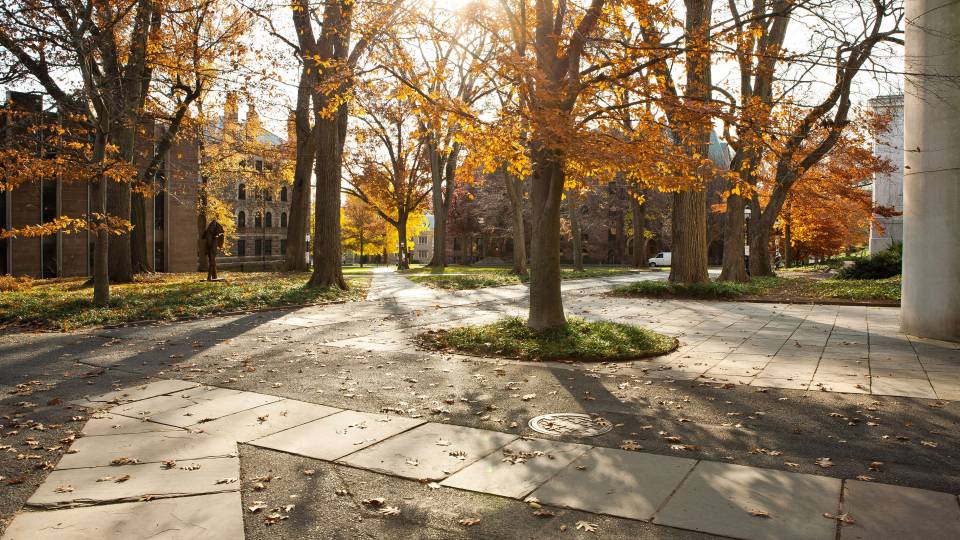The trustees of Princeton University have reconfirmed the University’s commitment to ensuring that a Princeton education is affordable for every student even at this time of economic uncertainty.
At their April meetings, the trustees reaffirmed the University’s commitment to affordability despite the economic challenges created by the COVID-19 pandemic.
Princeton provides financial aid in the form of grants, which do not have to be repaid. It does not require any loans, so students can graduate debt free. More than 80% of recent seniors have graduated debt free.
The University works to insulate students on aid from increasing costs of attendance. Aid packages are recalculated each year to offset increases to tuition, room, board and other expenses and to take into account changes in the family’s financial circumstances. Currently, more than 60% of Princeton undergraduate students receive aid, and the University anticipates that this number will increase given the ongoing COVID-19 health emergency.
“Given the COVID-19 pandemic and the resulting economic challenges, we expect that more of our students will need financial aid and that many students will need additional aid. We are committed to increasing the University’s financial aid budget to meet these needs so a Princeton education remains affordable for all students,” said Provost Deborah Prentice, the University’s chief budget officer and chair of the student-faculty-staff Priorities Committee that makes budget recommendations to the trustees.
Princeton tailors each financial aid package to a family’s particular circumstances. In determining need, it excludes equity in the primary residence and retirement savings and it considers other obligations, such as educational expenses for other children as well as debt and medical bills for dependents. For families earning up to $65,000, the financial aid package typically covers the full cost of tuition plus room, board and the residential college fee. For the Class of 2023, 100% of families making up to $180,000 per year qualified for financial aid.
The University has also enhanced its financial-aid program in several ways.
The previous summer earnings and campus job expectations for undergraduates receiving financial aid have been consolidated into a single, smaller student contribution amount. The difference between the old and new student contribution amounts will be covered by grant aid. The change, which takes effect this fall for incoming and continuing students, is designed to provide students with more flexibility to pursue academic, internship and service opportunities between and during academic years.
In addition, for international students on aid, the winter break allowance has been replaced with a second round-trip travel allowance. The change is designed to help international students on financial aid be able to return home during during winter break.
The University’s commitment to access and affordability has allowed it to diversify the makeup of the student body in significant and impactful ways. The proportion of students eligible for federal Pell Grants, restricted to low-income students, has increased to 24% of students in the Class of 2023, up from 7% of the Class of 2008.
The fee package (which includes tuition, room and board) will increase from $69,020 to $71,710 for 2020-21. The residential college fee, which had applied to all first- and second-year students, has been eliminated. The fee was $930 for 2019-20. Princeton has had the lowest fee package in the Ivy League since 2001-02.
At the same time, the average scholarship for students receiving aid is projected to increase by 7% to approximately $61,953 in the coming year, according to initial estimates, though this may increase given the current economic uncertainty.
For 2020-21, graduate students will receive between an increase of 3.1% for fellowships, 3% for research assistant stipends and 2.7% for teaching assistant stipends. The 2020-21 rates will be $35,500 for a 12-month fellowship, $33,800 for a 10-month teaching assistantship (AI), and $30,800 for a 10-month research assistantship (AR). This is in addition to full tuition and fee support for regularly enrolled, degree-seeking Ph.D. candidates.
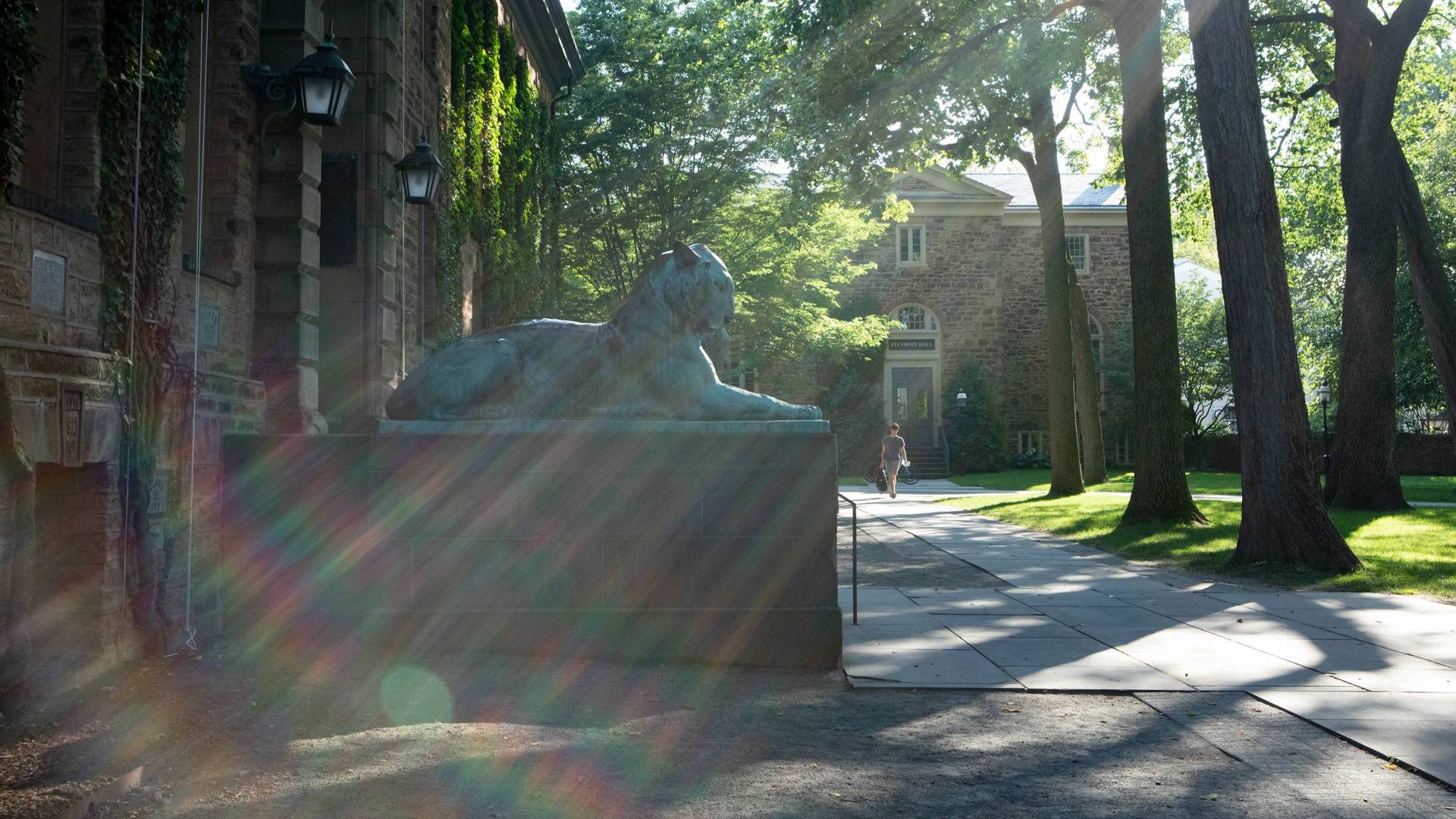
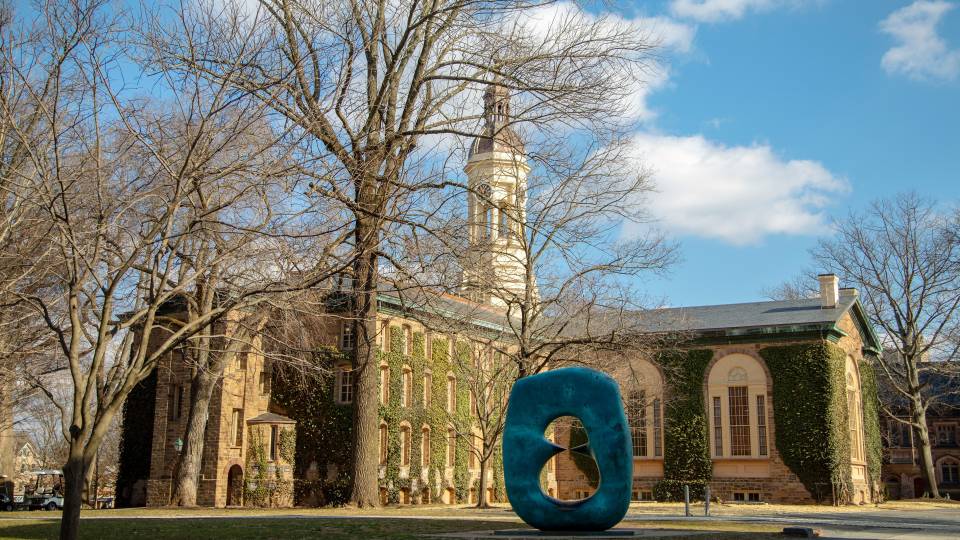

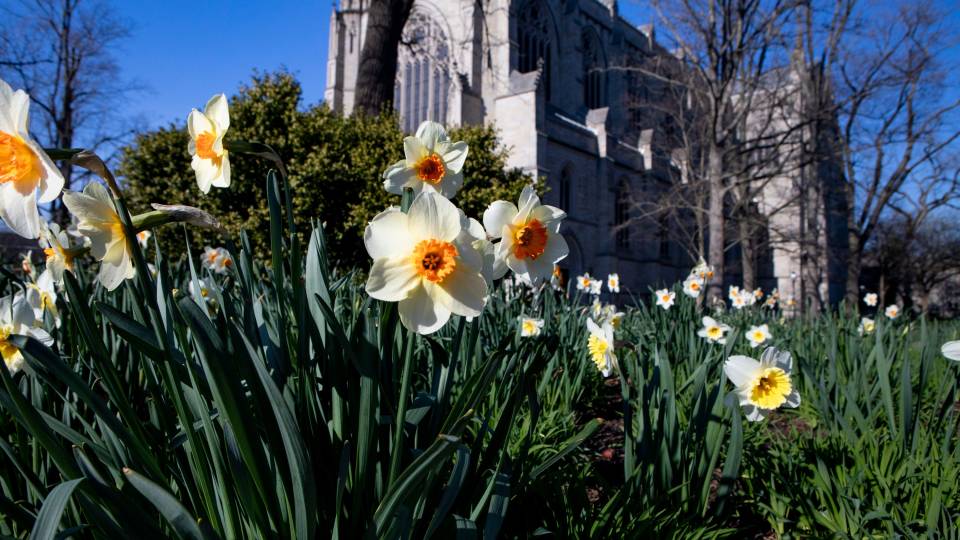
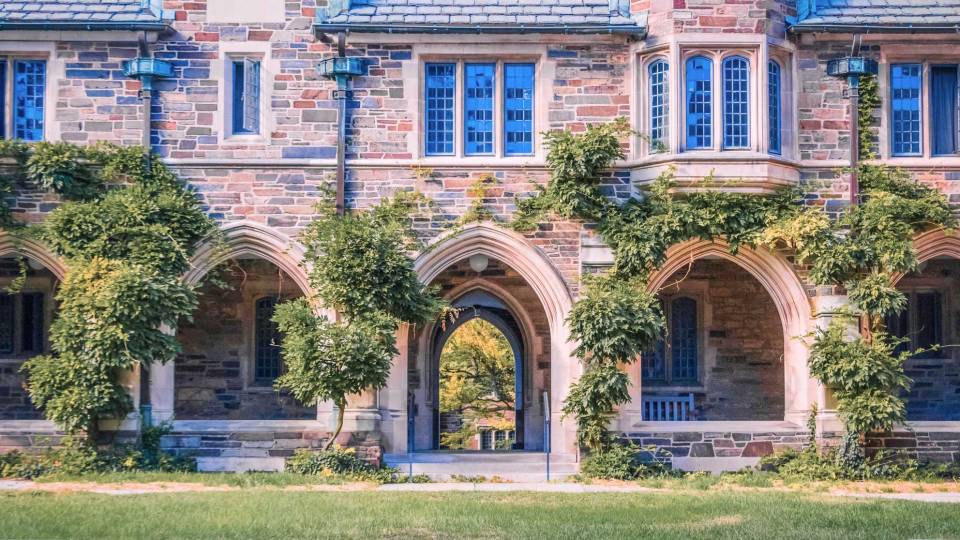
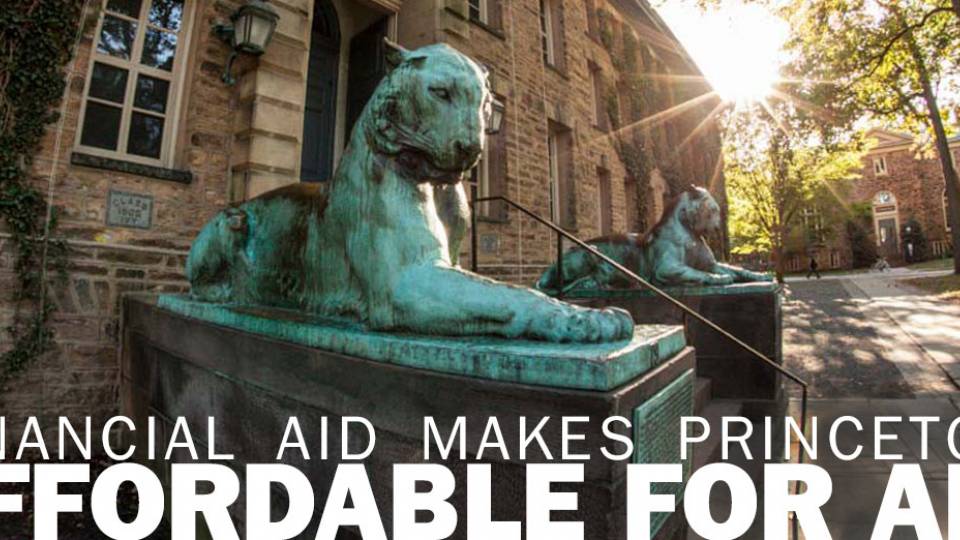
![Princeton Budget Report: “Gross Family Income = $0-65,000 Average Grant* = $60,375 *Does not have to be repaid; What it covers: Full tuition, room and board [Financial Aid for Admitted Students (Class of 2020)]”](/sites/default/files/styles/half_1x_crop/public/images/2016/04/pricom_WhatItCovers_homepage.jpg?itok=jIyD9zJ1)
